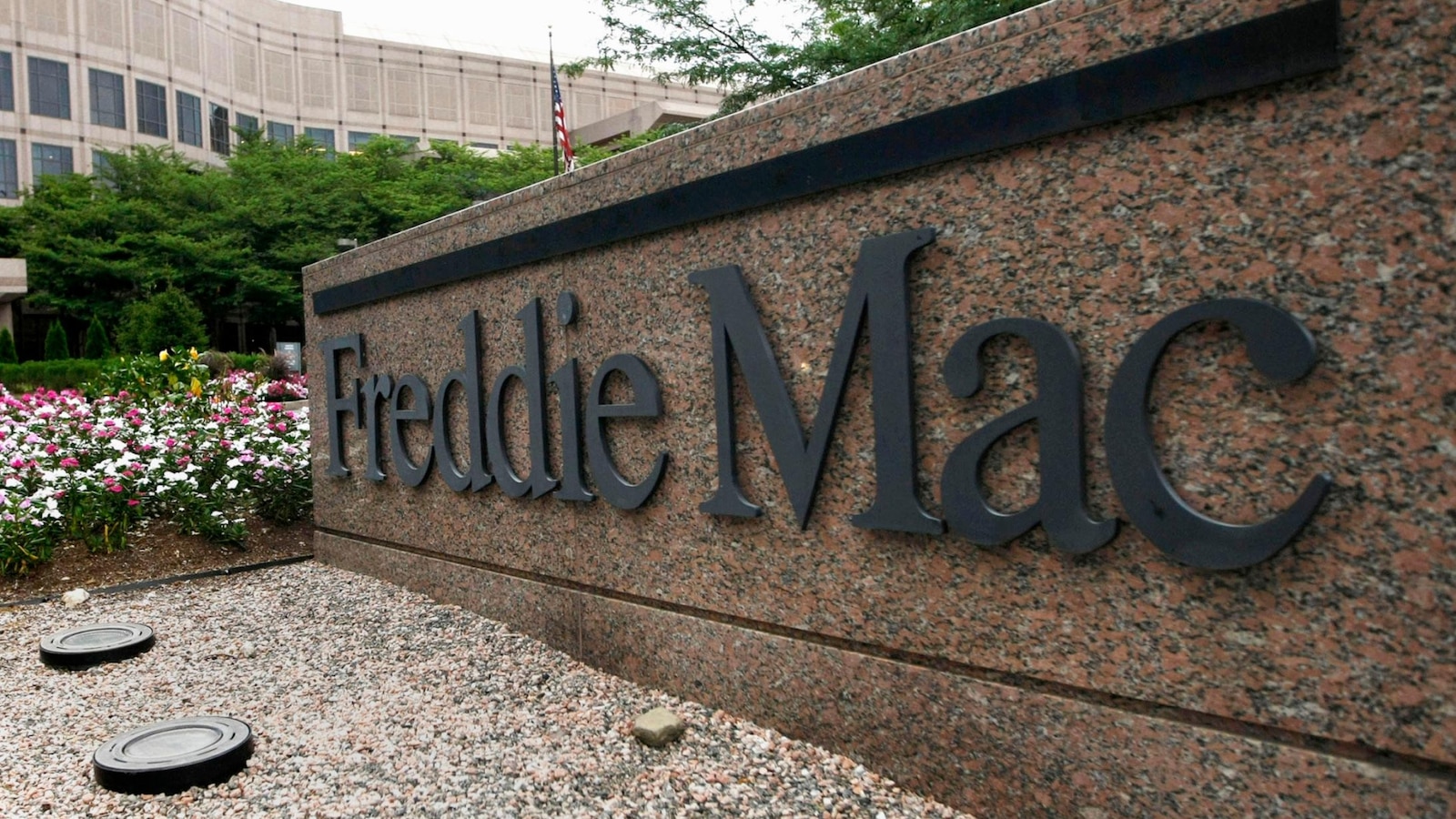In a significant shift for the mortgage industry, the Federal Housing Finance Agency (FHFA) has directed Fannie Mae and Freddie Mac to begin considering cryptocurrency as a legitimate asset when evaluating mortgage applications. The directive, announced yesterday by FHFA Director, represents a major acknowledgment of digital assets’ growing role in personal finance. This policy change could open homeownership doors for thousands of Americans who hold substantial wealth in cryptocurrencies but have previously found those assets disregarded during the mortgage qualification process.
The new guidelines, set to take effect in September 2025, will require the mortgage giants to develop standardized protocols for assessing cryptocurrency holdings when purchasing loans from banks and other lenders. According to the FHFA statement, this move aims to “modernize mortgage underwriting to reflect the changing nature of personal wealth in the digital age.” Industry experts suggest this policy change comes in response to growing pressure from consumers and financial technology advocates who have long argued that traditional mortgage qualification methods fail to recognize legitimate forms of wealth held outside conventional banking systems.

- Market trends showcase the rising inclusion of cryptocurrency, aligning with the housing market’s shift toward digital asset acceptance. Source: newslink.mba.org
The FHFA’s directive marks a pivotal moment in the integration of digital currencies into mainstream financial services. Until now, most mortgage lenders have been reluctant to consider cryptocurrency holdings when evaluating a borrower’s financial profile, citing concerns about volatility and liquidity. Under the new framework, Fannie Mae and Freddie Mac will establish specific criteria for assessing the stability and value of various cryptocurrencies, likely focusing on established coins with substantial market capitalization and trading history. The policy is expected to include provisions requiring borrowers to demonstrate ownership for a minimum period, possibly 12 months, to address concerns about market volatility.
Industry analysts project this regulatory change could potentially impact up to 15% of mortgage applications nationwide, particularly among younger homebuyers who have invested significantly in digital assets. The FHFA emphasized that the directive doesn’t mandate cryptocurrency acceptance for all mortgage situations but provides a framework for its consideration alongside traditional assets. This nuanced approach aims to balance innovation with the agencies’ fundamental mission of promoting stable, affordable homeownership opportunities while managing risk appropriately in the secondary mortgage market.
Reactions from across the mortgage industry have been mixed, with some lenders embracing the change while others express caution. “This is a long-overdue recognition that wealth comes in different forms in the 21st century,” said Jennifer Martinez, CEO of NextGen Mortgage, a digital-first lending platform. “We’ve had clients with millions in crypto assets who couldn’t qualify for conventional loans because those holdings weren’t counted. This brings mortgage lending into the modern era.” Martinez estimates that her company has seen approximately 200 potential borrowers annually whose cryptocurrency holdings would have meaningful improved their loan qualification prospects.
However, traditional banking representatives have voiced concerns about implementation challenges. “The devil will be in the details,” noted Robert Thompson, senior vice president at Regional Mortgage Association. “We need clear guidelines on how to verify ownership, determine valuation, and account for volatility. There are legitimate risk management questions that need addressing.” Cryptocurrency experts largely applaud the move while acknowledging the complexities. Blockchain analyst Maya Williams points out that “different cryptocurrencies have vastly different risk profiles and liquidity characteristics. Creating a one-size-fits-all approach would be problematic, but developing a tiered system that recognizes these differences could work well for both lenders and borrowers.”
Housing market analysts predict the policy could particularly benefit real estate markets in technology centers like Austin, Miami, and San Francisco, where cryptocurrency adoption rates are substantially higher than national averages. “We’re seeing a demographic shift in homebuyers, with millennials and Gen Z making up an increasing percentage of the market,” explains Carlos Diaz, housing economist at Urban Research Institute. “These generations are far more likely to hold digital assets as part of their investment strategy, and this policy acknowledges that reality.” Initial projections suggest the change could facilitate an additional 50,000 to 75,000 home purchases annually nationwide once fully implemented.
For potential homebuyers with cryptocurrency portfolios, the news offers increased flexibility. The new guidelines will likely require a verification process for digital assets similar to those used for traditional investments, including documentation of ownership through regulated exchanges or wallet attestations. Industry experts recommend that interested buyers begin organizing documentation of their cryptocurrency holdings now, including purchase records, transaction histories, and current valuations from reputable sources. Despite the additional paperwork, many crypto investors see this as a significant improvement over the previous system that effectively ignored what might represent a substantial portion of their net worth.

